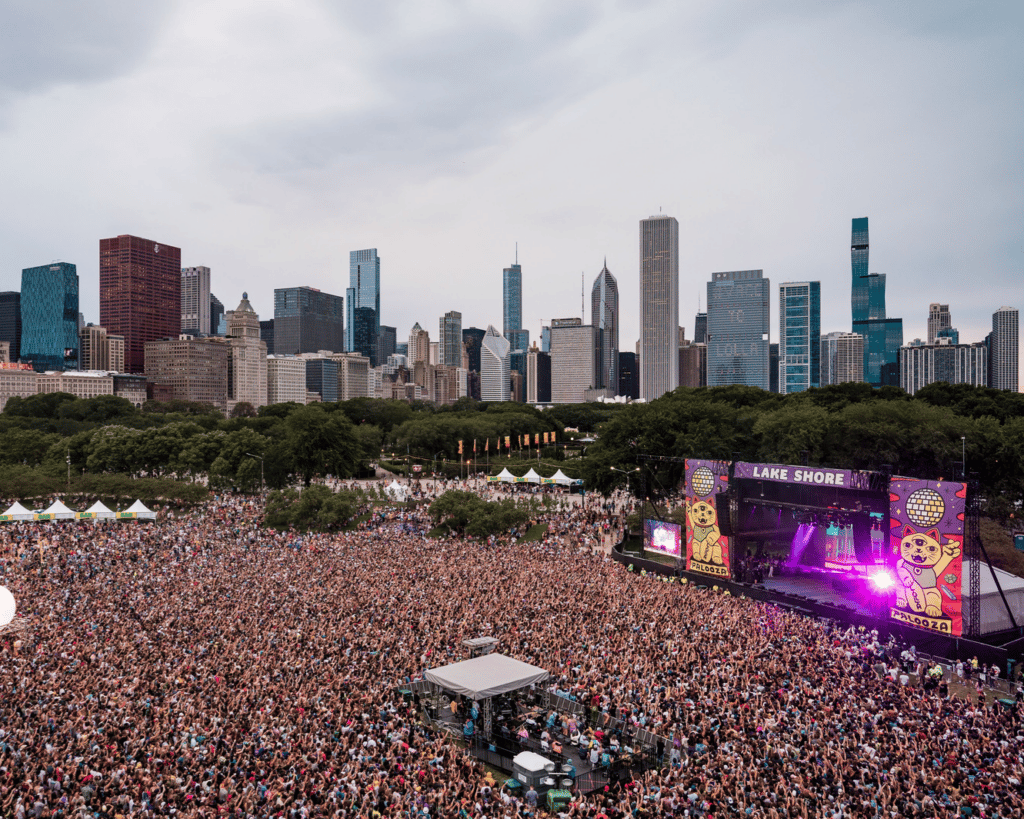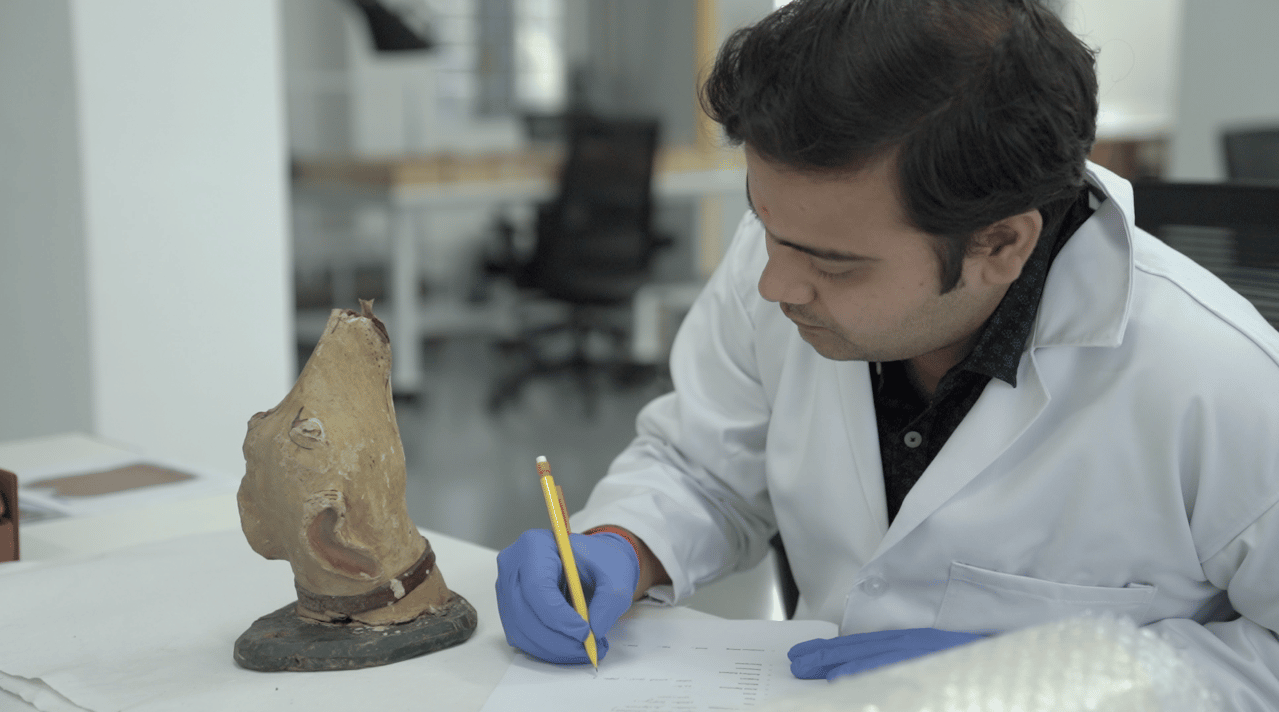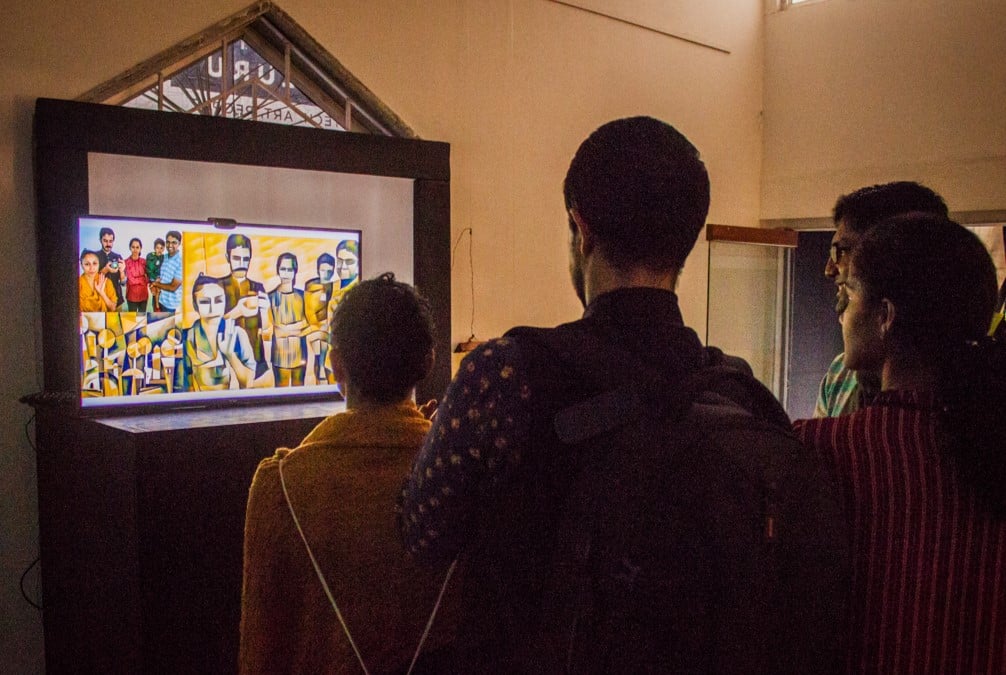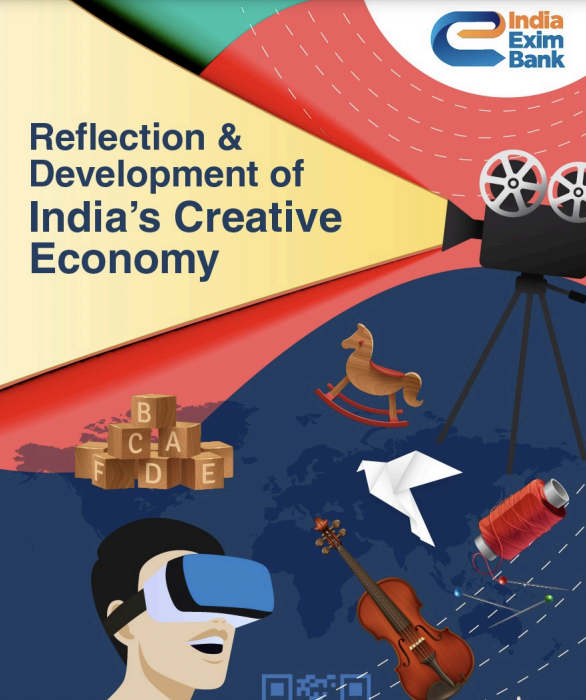

Inclusion in Museums: Perspectives of People with Disabilities
Topics
MAP India (Museum of Art & Photography) commissioned the ReReeti Foundation to conduct a research study about the needs and expectations that people with disabilities have of museums in India. Among various fundamental essentials like education, employment, mobility and so on, leisure and recreation are among the lowest of priorities for those with disabilities. The study aims to “understand the challenges that people with disabilities face while accessing museums and other arts and cultural spaces as well as the expectations that [they] have from museums.”
The study uses qualitative methodology and questionnaires. It includes respondents across a range of disabilities: those with visual impairments, orthopaedic disabilities, neurodiverse individuals, those with mental illnesses as well as deaf and hard of hearing individuals, as well as educators, parents, and accessibility consultants.
Key Findings
- For many disabled people, leisure is an alien word.
- While addressing the issues of those with visual disabilities, among the 19 people interviewed, 94.74% claimed that tactile replicas would be very helpful in enhancing the quality of their experience.
- While addressing the issues of those who are deaf or hard of hearing, among the 14 people interviewed, 93.33% claimed that they would prefer Indian Sign Language (ISL). All fourteen participants claimed that subtitles or captions were an absolute necessity in addition to ISL interpretation.
- Among 37 respondents of participants with Orthopaedic Disabilities, Cerebral Palsy, and Multiple Sclerosis, most participants responded that they had either never or rarely been to places that were accessible.
- Among 31 respondents of participants with Neurodiverse Experiences and Mental Illness, 100% of them recommended providing multisensory learning opportunities including tactile artworks, animated videos, and hands-on activities.


Share on